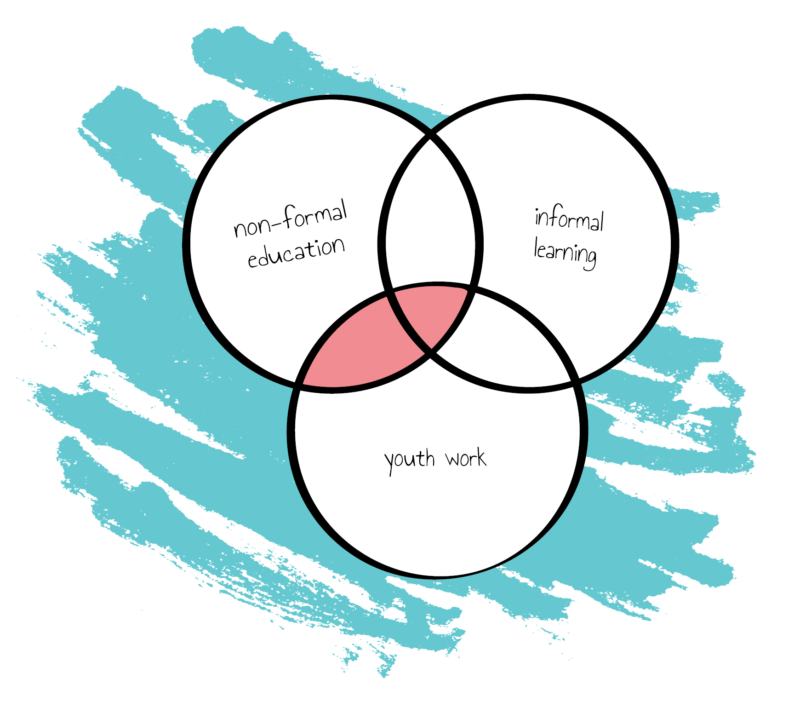What is non-formal education
What is non-formal education? How to approach it, understand it? What can it mean for participants or organisers?
According to the European Commission and the Council of Europe, the education system consists of three interrelated components: formal and non-formal education and informal learning. Brander et al (2006) in the Compass manual describe them as follows:
- Formal education refers to a structured education system that encompasses all schools from primary to university, including specialized vocational and professional training programmes.
- Non-formal education refers to all planned personal and social education programmes for young people that are designed to develop a range of skills and competences outside the formal education curriculum. Non-formal education is intentional and voluntary.
- Informal learning refers to a lifelong process in which each person acquires certain attitudes, values, skills and knowledge from a variety of educational sources in their environment and from everyday experience (home, neighbourhood, library, media, work, play, etc.).
(Quoted from the publication KOMPAS: A Manual for Educating Youth on Human Rights by a collective of authors led by Partitia Brander, 2006)
The difference between formal and non-formal education is often determined by the settings and structures in which they take place. The distinction between non-formal education and informal learning may seem less clear. Both are voluntary, but a programme or activity in non-formal education is planned and targeted to the needs of the participants. The outcome is thus measurable and can be predicted more easily than in informal learning, where learning occurs randomly, usually without a clear objective in advance.

The basic features of non-formal learning include:
- Voluntary – it is up to the participant to decide whether to take part in the activity or programme.
- A set aim and goals, based on the needs of the participants, the organisation or the environment or society, in the individual activity and in the whole programme.
- Conscious and holistic learning, where participants are aware of what and how they are learning, evaluate their own learning and develop the different components of competence (knowledge, skills, values and attitudes). In non-formal education, we emphasize the whole person – engaging their thoughts, feelings and emotions as well as their bodies. At the same time, we make use of their previous experience and knowledge, complementing it and linking it to other practice.
- A partnership relationship between participants and organizers. The activity leader is a guide in the learning process who adapts the program or activity based on the needs of the participants.
- Valuing mistakes. Mistakes are seen as opportunities for further development.
- Role of the group. Individual group members, including activity leaders, serve as additional sources of experience, knowledge, skills and attitudes. Group work also opens up additional opportunities for learning.
- Accountability for learning outcomes. The participant determines what they need to learn and thus take partial responsibility for the outcome.
(We quote from the publication Introduction to Non-Formal Education by Monika Novosádová and Lucie Příšovská, published by the Czech National Agency for International Education and Research in 2019. We also draw on the publication Syllabary of Non-Formal Education, published by the Association of Non-Formal Education and YouthWatch in 2019. Unfortunately, both publications are now available only in Czech, event. Slovak language.)






